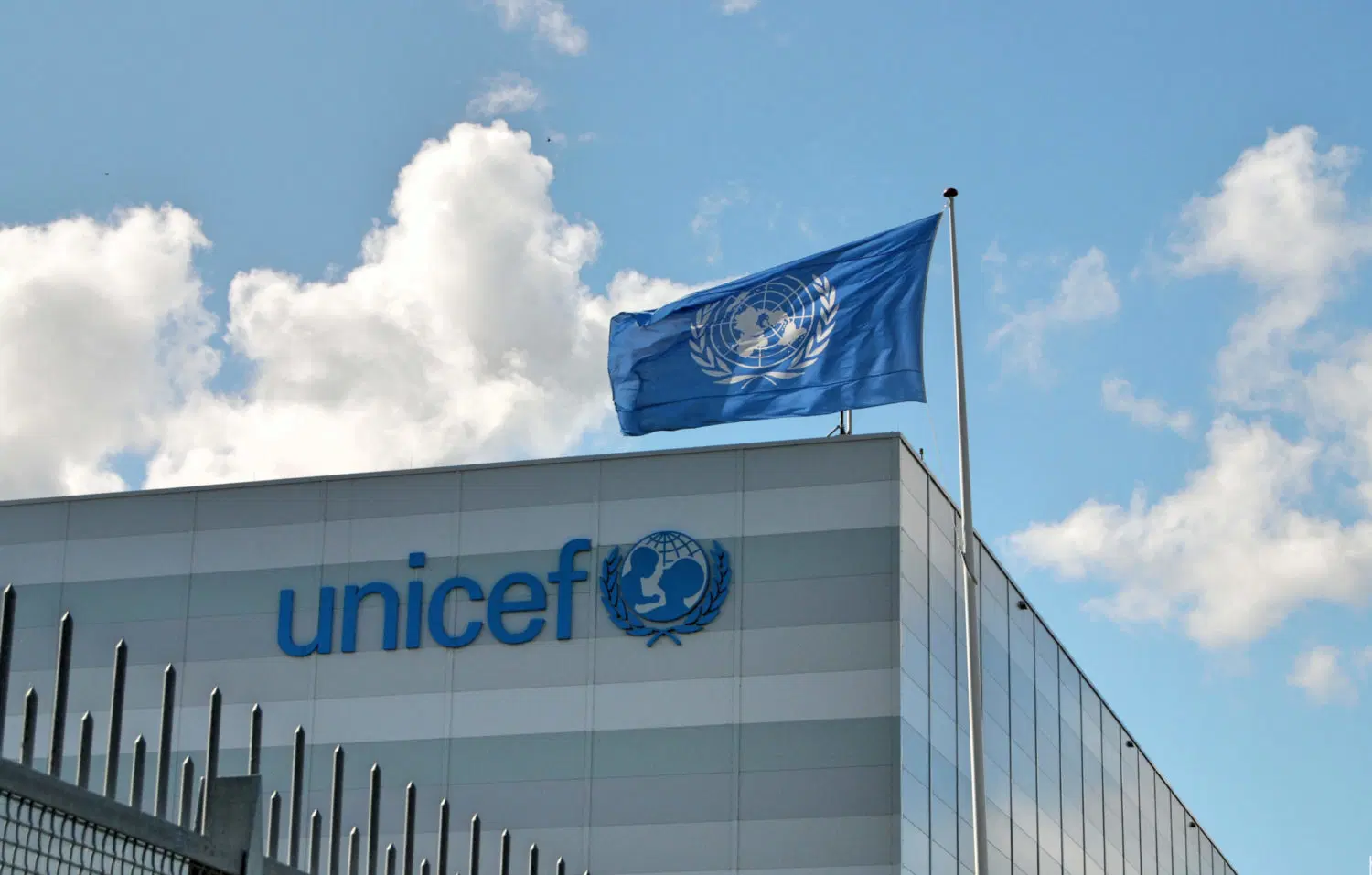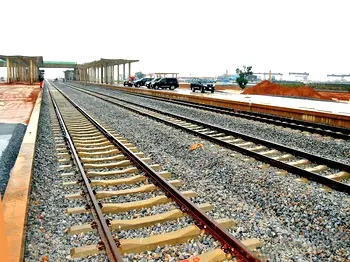The Federal Government plans to boost broadband investments by 300 to 500 percent through a new initiative aimed at accelerating internet connectivity nationwide, according to the Minister of Communications, Innovation, and Digital Economy, Bosun Tijani.
The initiative, called the National Broadband Alliance for Nigeria, will act as a collaborative platform, uniting public institutions, telecom operators, technology companies, and international partners to expand high-speed internet access, especially in underserved areas.
Internet availability and access in Nigeria, Africa’s most populous nation, remain limited. As of December, broadband penetration was at 44.43%, well below the 70% target outlined in Nigeria’s National Broadband Plan (2020–2025), which is set to expire this year.
The government’s strategy includes deploying 90,000 km of backbone fibre through a Special Purpose Vehicle that has been approved by the Federal Executive Council.
“The NBAN is more than just a policy initiative. It is a commitment to a future where every Nigerian has access to the tools and opportunities needed to succeed in a connected world,” Tijani said in Lagos on Tuesday.
Tijani represented by the Executive Vice Chairman of the Nigerian Communications Commission, Aminu Maida, outlined the key objectives of the National Broadband Plan and the Ministry’s strategic blueprint, calling them “bold yet achievable.”
Our goals include achieving 70 per cent broadband penetration by 2025, delivering minimum data speeds of 25 Mbps in urban areas and 10 Mbps in rural areas, expanding population coverage to 80 per cent by 2027, increasing broadband investments by 300–500 per cent by 2027,” he stated.
The minister noted that despite significant infrastructure rollouts, broadband underutilization remains a challenge, with many fibre networks sitting idle due to low demand.
This issue is compounded by affordability concerns and a lack of awareness among the public.
To address this, the NBAN aims to aggregate broadband demand from key sectors, such as schools, hospitals, markets, and religious centers.











